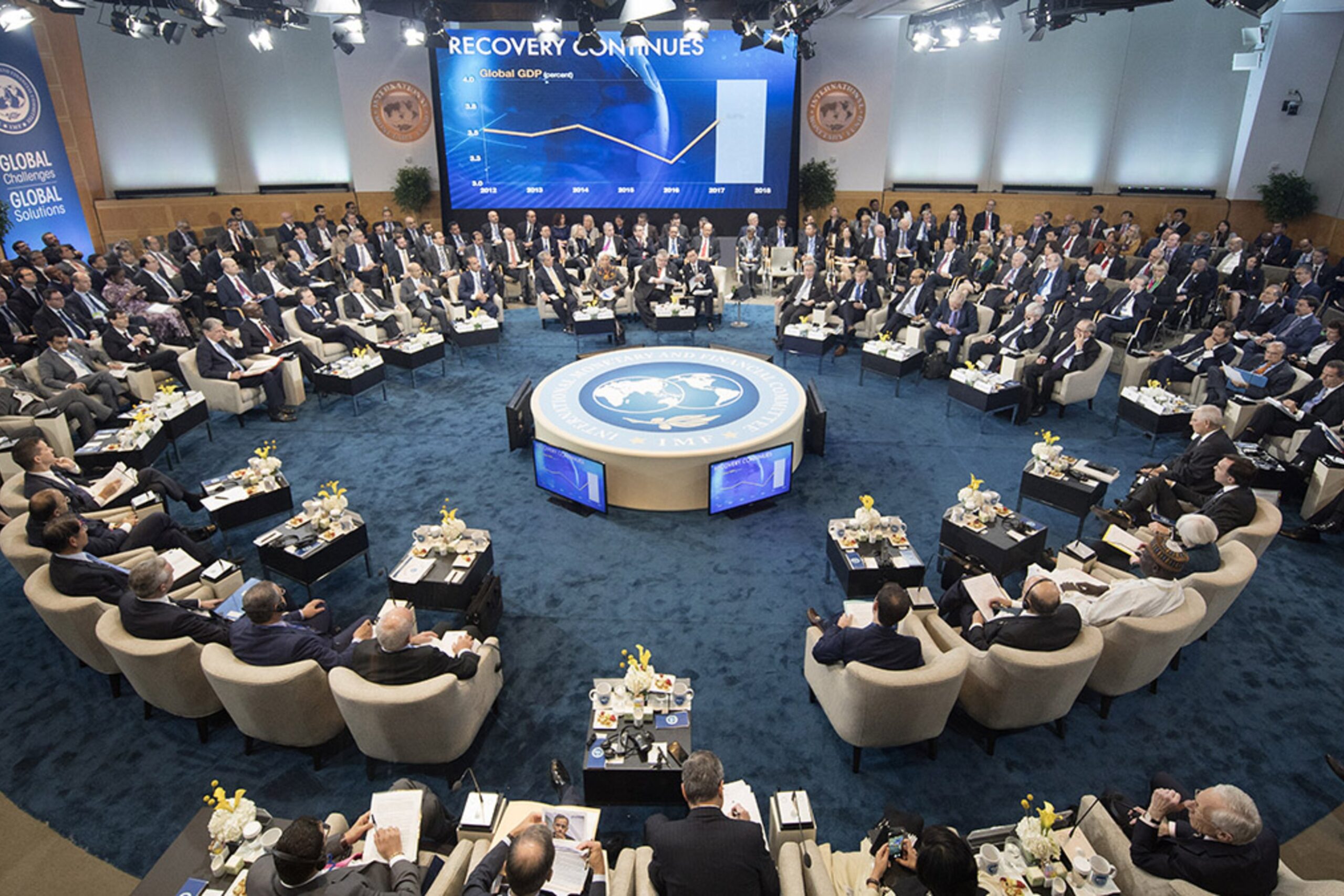El Niño, fiscal challenges shape pre-budget outlook
With the Minister of Finance, Economic Development and Investment Promotion, Professor. Mthuli Ncube preparing to unveil the 2025 national budget on Thursday November 28, the economy is grappling with the prolonged effects of El Niño, faltering commodity prices, and persistent fiscal pressures.
The country’s electricity crisis, driven by low water levels at Lake Kariba and the Zambezi River, continues to hamper industrial productivity and agricultural exports, further compounding economic woes.
Analysts and stakeholders are advocating for a cautious fiscal approach to address these challenges without deepening the burdens on businesses and citizens. Tafara Mtutu, an analyst, highlighted the precarious state of the economy, emphasising that imposing new taxes before mid-2025 would be imprudent.
“I also believe that the challenges that we are seeing now in terms of the falling gold price and some industrial metal prices, I think that will also prompt the Government to consider some of the suggestions made by the mining industry, which include reducing the royalties paid to the tax collector in the event that their commodity prices are significantly depressed,” Mtutu explained.
He anticipates potential tax reprieves for the mining sector to alleviate the pressures of reduced commodity earnings, while predicting a status quo for most other taxes, including the sugar tax.
Despite challenges, major companies like Delta Corporation have managed to post positive, albeit subdued results.
Economist, Enoch Rukarwa, echoed the sentiment for maintaining the current tax regime but pointed out systemic issues exacerbating economic challenges.
“The Zimbabwean tax regime is perceived as burdensome by stakeholder generality, but it’s comparable to many Sub-Saharan African countries,” Rukarwa noted.
He pointed to the interplay of high corporate tax, income tax, VAT and withholding taxes with Zimbabwe’s informal economy, urging the Government to enhance strategies for formalising the informal sector through presumptive taxes.
Rukarwa stressed that austerity remains likely on the fiscal front as the Government aligns with contractionary monetary policies.
“Overall, to accommodate a contractionary monetary policy, the Government is likely to maintain austerity on the fiscal side of the economy,” he concluded.
The Bankers Association of Zimbabwe (BAZ) has called for urgent reforms to fiscal policies that it argues are inadvertently fueling informality and financial disintermediation.
In its submission, BAZ urged the Government to reduce the 2 percent Intermediated Money Transfer Tax (IMTT), which it says has led to increased cash usage and tax evasion, undermining broader revenue collection efforts.
According to BAZ, high IMTT rates inflate transaction costs, discouraging businesses from formalising and harming export competitiveness.
The association argues that reducing the IMTT could drive more transactions through formal channels, broadening the tax base while addressing risks associated with cash handling, such as robbery and loss of life.
BAZ also proposed several measures to improve compliance and reduce operational costs, including setting thresholds for transfer pricing reporting, lowering the 2 percent levy on cash withdrawals above US$1,000, and offering VAT exemptions for importing e-payment infrastructure.
The association emphasized that addressing these issues is vital for fostering economic stability and driving sustainable growth.
Meanwhile, economic analyst, Malone Gwadu, underscored the need for the upcoming budget to tackle inflationary pressures and exchange rate volatility, which have significantly eroded the value of the budget.
“The budget next week needs to address the inflation that has eroded the value of the budget following the exchange rate adjustment by the central bank in line with the new price discovery and reality,” Gwadu said.
He also called for reforms to strengthen the Zimbabwean dollar (ZiG), suggesting adjustments to tax policies to increase the currency’s utility and market acceptance. He stressed that broad-based economic diversification is essential to reducing the country’s over-reliance on commodity-based revenues, highlighting sectors like tourism and manufacturing as potential growth areas.
“We need to expand our economy beyond being commodity-based through agricultural and mineral commodities to other sectors to be more competitive,” Gwadu said.
He urged the government to implement fiscal tools that prioritize medium- to long-term growth, ensuring a sustainable economic trajectory.
As Zimbabwe navigates its economic headwinds, the budget will likely need to balance immediate fiscal constraints with the need to lay a foundation for sustainable growth.
Whether through targeted tax reliefs, strategic reforms, or renewed investments in key sectors, the country’s fiscal path will have profound implications for its economic stability and development.
Stakeholders are watching closely, hoping for policies that will steer the nation toward recovery.-ebsinessweekl








